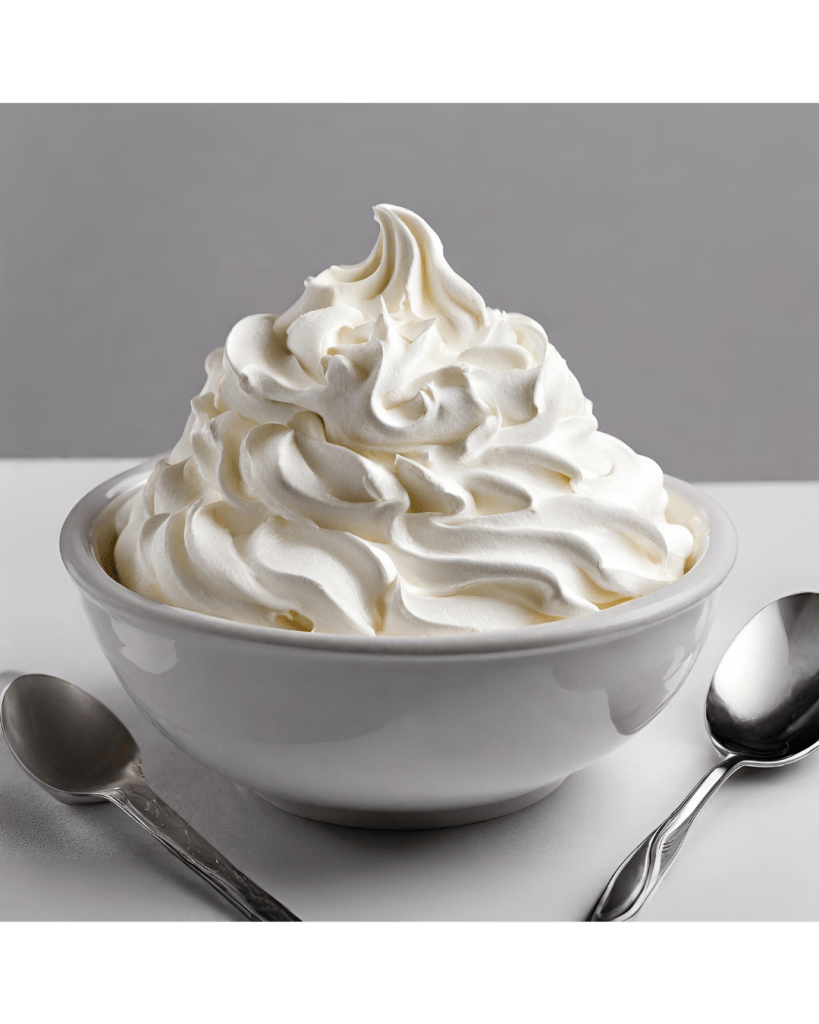Cooking is a science you make into your own
By Julia Bennett

“The key is to make sure that the cream whips long enough,” says Scarlett Bleeker, an avid baker who is a senior at Ames High. Homemade whipped cream is a fickle thing. It has a short window in between over mixing and under mixing. Too little air incorporated into the mix can result in a soupy mess while too much air will turn your cream grainy.
Whipped cream itself is a simple concept to grasp, but a hard task to master. While it can only take one ingredient to make, perfecting it requires a delicate balance of sweetener and flavor. Start small. One tablespoon of sugar at a time. Then, slowly build up while tasting it at every increment.
Once you are comfortable with making the basic mix of cream, vanilla, and sugar, you can start to experiment with multiple different flavors. A simple method would be to swap vanilla with other bottled flavors. Mint, almond, and orange are all popular essences that can be found in most grocery stores.
As soon as you have mastered pre-bought flavoring, you can really fly from there. You can start to make your own flavoring elements that are harder to incorporate. You can be creative. Melted peanut butter and expresso are both delicious elements to incorporate. But be careful! The thicker your flavor extract, the smaller amounts you must add at a time.
Keep in mind that every person has a different flavor preference. You are making this for yourself, don’t let other people take those decisions from you. Cooking is a science, flavoring is an art. Make it your own. “I make sure to add tons of vanilla,” Bleeker says. “But there are dozens of amazing flavor combinations.”
